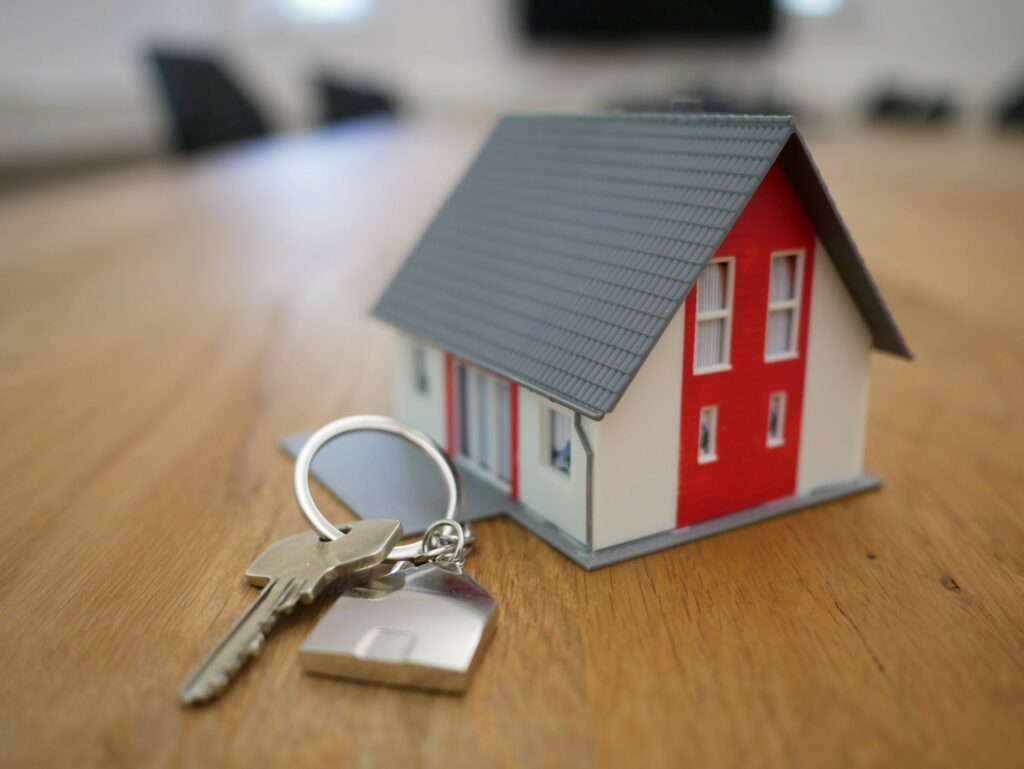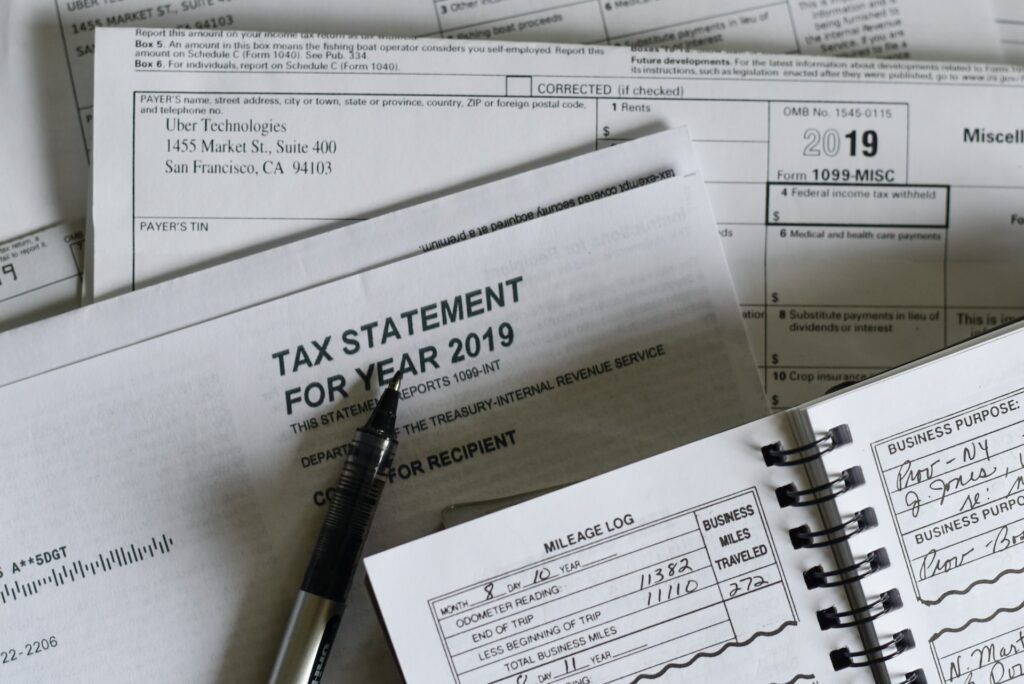
If you have been shopping much lately, you likely do not need the news to tell you that inflation is rising, and in fact, is currently at a 40-year high. Prices for housing, energy and food have all been surging recently, at the fastest pace in decades. The latest Consumer Price Index (commonly abbreviated as CPI), which is the weighted average of the price of goods and services over time, recently jumped 5% for the 12 months ending in May 2023. This is the highest annual increase since August 2008, and such a rise is generally considered to be a good indicator of inflation.
These increases impact all of our daily lives, as we see the prices we pay for necessities like gas and groceries continue to rise. When we pay more for the smaller, everyday purchases, it naturally makes us more hesitant to move forward with big ticket purchases, as we both re-evaluate our personal financial situations, while also calculating if large purchases like cars and homes are worthwhile.
Whether you are contemplating your first home purchase, or deciding if now is the time to upgrade or downsize from the house you currently own, the historically high rates of inflation have probably left you wondering if you should continue with any purchases you may have had in mind, or if it instead makes more sense for you to wait awhile before pulling the trigger on such a large purchase. Of course, that answer depends greatly on your own situation, but here are many ways in which homeownership can help you combat the rising costs that come with inflation.
Stabilize Your Monthly Housing Expense

When inflation is high, prices for everything go up across the board. This is true for things like gas, food and entertainment, but also for larger items such as housing costs, including rent. When home prices rise, so does rent in many metropolitan areas. As a renter, you are at the whim your landlord or property owner when it comes to how much your rent will be at then end of your most recently signed leasing agreement. However, when you purchase a home, you are stabilizing the monthly payment you are responsible for.
Your housing cost is likely your largest monthly expense, so if you are able to stabilize the amount you spend, you are better able to absorb the other high costs that come with rising inflation. To do this you simply need to obtain a fixed-rate mortgage when you make your home purchase. You can lock in a set payment for the duration of your loan, which is usually between 15 to 30 years. Even if other prices increase, your housing payment will be the same amount from month to month. This can help you keep your budget in check. Renters do not have this same benefit, and renting offers you no protection from rising housing costs. A recent study found that almost 75% of property managers expect to increase rents within the next 2-3 years.
But you’ve heard homeowners talk about their monthly mortgage payment still going up or down occasionally, what is that about? When you purchase your home with an escrow account, property taxes and home owners insurance is paid from this account. If your insurance costs change, or your home is reassessed for property taxes, you may see a small change in your monthly payment due to a change in your escrow needs.
Homeownership is an Investment That Outperforms Inflation

If you are only looking at the current high cost of ownership, you may be hesitant to make this investment. It is true that the average price of a home keep going up, and mortgage rates periodically rise higher and higher. No expert can tell you that home ownership is inexpensive, and buying a house does cost more today than it did even a few months ago. Even still, if you take advantage of the opportunity to purchase a home, you are setting yourself up for long-term financial success. This is because even during periods of high inflation, it is recommended that you invest in an asset that outperforms that inflation, and that typically holds or grows in value.
No matter how high the rate of inflation goes, the average home price appreciation outperforms it, in research that goes all the way back to the 1970s. This means that homeownership is a historically strong hedge against inflation. And there’s no time like the present to consider buying a home. Experts forecast that home prices will only continue to increase due to the ongoing imbalance of supply and demand. Once you buy a house, those ever increasing home prices will work in your favor, helping you to grow your equity and your net worth. Homes are assets that typically always grow in value, so homeownership gives you peace of mind that you have a made a strong investment. This appreciation acts as a counterbalance to inflation, which in turn allows you to preserve and grow your wealth. So, if you’re ready and able, it makes sense to buy today before home prices and interest rates rise even higher.
Purchasing a home also gives additional variety to your menu of investments. Diversifying your investment portfolio is a smart strategy to counteract the risks associated with inflation. Owning a property adds a valuable diversification element to your assets. Other investments such as stocks and bonds are susceptible to market volatility, but real estate typically maintains its value. No matter what else is going on in the world financially, homeownership provides you with a tangible and stable asset that can help preserve your purchasing power.
Other Advantages of Home Ownership

There are of course many other advantages of home ownership. As a homeowner, you will build equity as you pay down your loan and as your property values increase. This home equity contributes to your financial stability and provides you with an option to easily access funds if you need it. Using the equity you have built in your home, you have options such as taking a cash-out refinance, a home equity loan, or a home equity line of credit if you find that you need access to cash quickly. Owning a home also helps you build credit. According to experts, the average homeowner’s credit score is around 100 points higher than that of the average non-homeowner. Having access to better buying power will inevitably make you better able to withstand changes in inflation better than your renting peers.
Being a homeowner also offers distinct tax benefits that renters are not able to take advantage of. Homeowners can claim tax deductions on both their mortgage interest and property taxes. You can deduct up to $10,000 worth of property taxes if you’re single or married filing your taxes together. This deduction limit drops to $5,000 if you’re married but filing separately. Owning a home may also make you eligible for capital gains tax exclusions. By deducting mortgage interest from your taxable income, you can lower your overall tax liability, leaving you with more disposable income to combat the rising costs associated with inflation.
There are also many freedoms that come with owning your home instead of renting. You will be able to undertake any renovations you want, from painting a room to an entire kitchen overhaul. Being able to customize your space in whatever way you like is an advantage renters do not get to enjoy. You will never again have to worry about paying an additional fee for your pet, or being asked not to own one in the first place.
The Bottom Line Is, Buy Now
The longer you wait to purchase a home, the more you will pay when you do decide to make this investment, and the less time you will have to enjoy the benefits of homeownership. The average homeowner also has a net worth of more than 40-times that of the average renter. Because of scarcity in different parts of the economy, whether from the computer chip industry to the labor market, the cost of goods and services is rising. This causes inflation to climb. Whether it’s a short-term rise or the beginning of a longer inflationary period is still uncertain. This understandably makes some people hesitant to make large purchases, but the longer you wait, the longer you delay taking advantage of the benefits homeownership has to offer.

